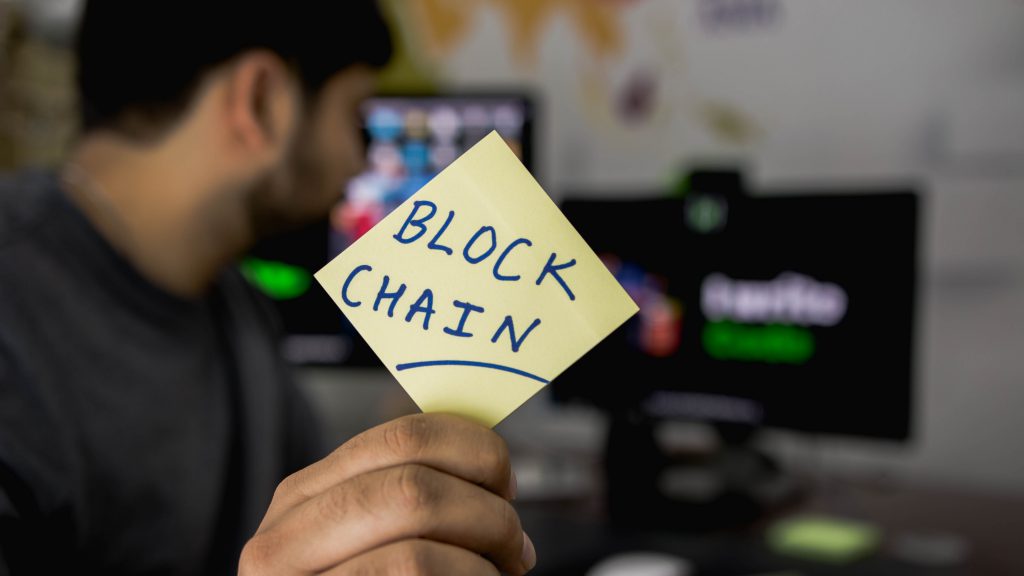
Blockchain technology has a lot to offer to ERP systems and the overall digital environment of an organization. These are some of the attributes blockchain might supply to an ERP:
Blockchain adds transparency and auditability to an organization’s records:
One of the advantages of blockchain is the ability to create smart contracts. Smart contracts are computer protocols that can verify and enforce contracts automatically using digital codes without the need of third parties.
These smart contracts add transparency and immutability to transactions, thus facilitating the automation of processes; for instance, when managing intercompany transfers. According to the International Data Corporation, “45% of industry leaders will use blockchain as the primary intercompany transaction management technology.” Intercompany transactions happen “between a parent company and its subsidiaries or other related entities.”
Also, blockchain can transform supply chain management by adding trust and transparency to the process. Supply chain involves people that need to trust each other, and blockchain technology can solve trust issues between companies.
2. It increases the security of data records:
Blockchain can validate transactions and create an immutable record of data that is shared among various nodes. This means that if someone changes anything in the registry or any contract, it will become visible and traceable. This is particularly relevant when managing ERP systems since broken records may result in audit or accounting issues.
Also, blockchain can be used for verification and authentication of identities. By authenticating personnel, the company may increase security by managing who has access to sensitive information. Blockchain-based authentication systems use digital signatures based on public-key cryptography and an automatic check of the correct private key, meaning that whoever has access to the private key is the owner.
Moreover, by integrating ERP systems with blockchain, it might be possible to prevent data leakage, detect suspicious attempts of unauthorized access and other security threats in real-time. These are addressed by blockchain because this technology offers encryption, validation, and decentralization. Blockchain is virtually impossible to hack since the records are not contained in a central location, which might reveal a point of failure.
3. It offers optimization and speed to the organization’s processes:
Once blockchain is integrated into an organization’s ERP system, it enables the optimization of its operations, internal data control, and business processes such as intercompany transactions. For instance, smart contracts can help automatically verify a transaction between companies when it complies with the requirements of the contract.
When integrating blockchain into an organization’s ERP system, this should ideally be done with minimal disruption to the regular business processes and avoid adding steps to the people in charge. Let’s think about adding blockchain to the system without the need to be aware we are using blockchain.
4. Blockchain boosts visibility and traceability to the system:
Blockchain gives the ability to companies to have various types of information within the same chain, which also grants easy access to relevant stakeholders to highly specific information. For example, manufacturing requires many stakeholders involved in the supply chain process to easily monitor the journey of products until delivered to clients. A blockchain integration would provide real-time traceability of the products.